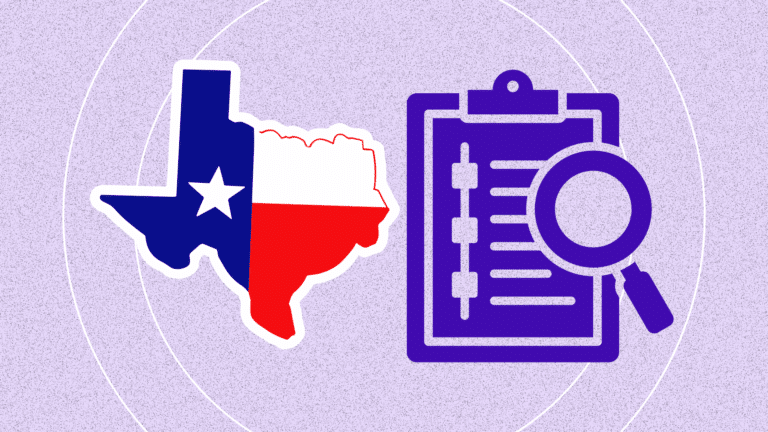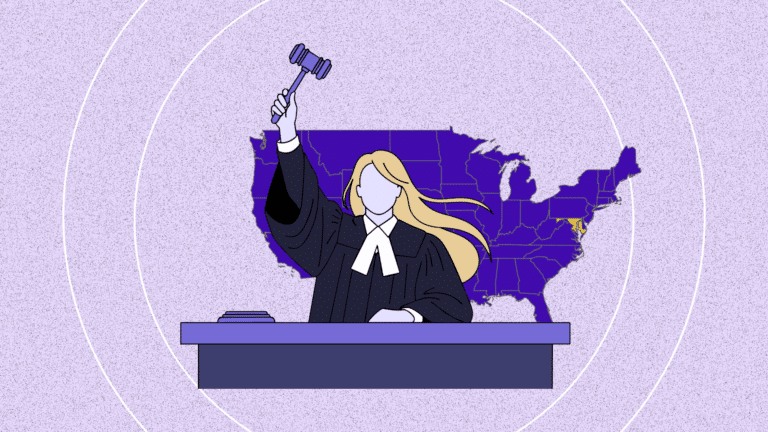TL;DR
- What it is: The Children’s Online Privacy Protection Act (COPPA) is a U.S. federal law requiring websites and online services to protect the personal data of children under 13.
- Why it matters: Violations can result in significant fines, lawsuits, and reputational damage. Children’s Online Privacy Protection Act (COPPA) is actively enforced by the Federal Trade Commission (FTC).
- Who it applies to: Any business with websites, apps, or online services directed at children under 13, or that knowingly collect information from children.
- Common pitfalls: Lack of parental consent, hidden tracking pixels, third-party scripts collecting data, and poor visibility into client-side data flows.
- How Feroot helps: Feroot monitors and controls client-side scripts to prevent unauthorized data collection, ensuring businesses meet Children’s Online Privacy Protection Act (COPPA)’s consent, transparency, and security obligations.
Introduction: Does Children’s Online Privacy Protection Act (COPPA) Apply to My Business?
If your business runs a website, mobile app, or online service that may attract children under 13—or collects data where children could be part of the audience—you’re likely subject to the Children’s Online Privacy Protection Act (COPPA). Many organizations assume COPPA only applies to educational platforms or “kids-only” websites, but the law has much broader reach.
The biggest challenge? Most compliance failures happen on the client side—where third-party scripts, trackers, and pixels collect data outside the business’s direct visibility. Even well-intentioned companies can unknowingly violate Children’s Online Privacy Protection Act (COPPA) simply by embedding a social media widget, chat tool, or advertising tag.
Feroot Security was built to solve this problem. While most companies think only about PCI DSS or HIPAA, Feroot helps organizations go beyond traditional compliance by protecting client-side data collection and ensuring adherence to laws like COPPA.
What Is COPPA?
The Children’s Online Privacy Protection Act (COPPA) was enacted in 1998 and is enforced by the Federal Trade Commission (FTC) in the United States. Its core goal is to protect the personal data of children under 13 who use online services.
Businesses subject to Children’s Online Privacy Protection Act (COPPA) include:
- Child-focused websites, games, and apps
- EdTech platforms used in schools
- E-commerce sites offering products for children
- General-audience sites that knowingly collect information from users under 13
COPPA applies broadly to personally identifiable information, including names, email addresses, persistent identifiers (cookies, IP addresses), geolocation data, photos, videos, and even voice recordings.
Key Children’s Online Privacy Protection Act (COPPA) Compliance Requirements
To meet COPPA obligations, businesses must:
- Provide clear privacy notices about data collection practices (16 C.F.R. Part 312.4)
- Obtain verifiable parental consent before collecting personal information from children (312.5)
- Give parents access to review and delete their child’s information (312.6)
- Implement reasonable security measures to protect collected data (312.8)
- Limit collection and retention to what is necessary for the activity (312.10)
- Ensure third-party partners and service providers comply with COPPA as well
Common Compliance Failures
Children’s Online Privacy Protection Act (COPPA) violations often stem from hidden or poorly monitored data collection:
- Third-party ad trackers collecting behavioral data without consent
- Embedded social media plugins sending identifiers back to platforms
- Tag managers introducing new scripts without compliance checks
- Apps and websites failing to verify parental consent properly
- Insufficient visibility into what third-party scripts do once loaded in the browser
High-profile cases include:
- YouTube (2019): $170 million settlement with the FTC and New York Attorney General for illegally collecting children’s data without parental consent.
- Epic Games (2022): $275 million fine for COPPA violations in Fortnite, where children’s data was collected and privacy rights were not respected.
These cases highlight a growing enforcement trend: regulators are watching client-side data collection very closely.
How Feroot Helps Businesses Achieve Children’s Online Privacy Protection Act (COPPA) Compliance
Feroot equips organizations with end-to-end visibility and control over client-side data flows, making it possible to comply with COPPA requirements effectively.
1. Continuous Monitoring of Scripts
- Detects unauthorized access to children’s personal data through first- and third-party scripts.
- Blocks risky or non-consented scripts from collecting or transmitting identifiers.
- Helps enforce COPPA’s “reasonable data security” (312.8) standard.
2. Transparent Data Flow Mapping
- Reveals how personal information moves between your site, trackers, and third parties.
- Allows businesses to prove compliance with parental consent by showing no hidden collection occurs.
- Supports notice and consent requirements (312.4, 312.5).
3. Real-Time Alerts
- Flags when a new script is injected or when an existing script’s behavior changes.
- Protects against accidental noncompliance from third-party tag managers or marketing tools.
- Helps maintain ongoing compliance rather than one-time audits.
4. Reporting and Audit-Ready Evidence
- Generates detailed logs and visual proof of client-side security controls.
- Supports audit requests from regulators and provides parent-facing transparency.
- Maps directly to COPPA’s parental access requirements (312.6).
By addressing COPPA’s compliance pain points at the client-side enforcement layer, Feroot ensures companies don’t miss hidden risks lurking in the browser.
FAQ
What are the penalties for violating COPPA?
Penalties can reach $50,120 per violation (adjusted annually for inflation), plus reputational damage and mandatory corrective measures.
Does COPPA apply to websites that use third-party trackers?
Yes. If trackers, pixels, or plugins collect data from children under 13 without parental consent, your business is liable—even if the collection is done by a third party.
Can script monitoring help with COPPA compliance?
Absolutely. Monitoring scripts ensures no hidden or unauthorized data flows occur, which is critical to parental consent and transparency obligations.
How can I prove to auditors that my site is COPPA-compliant?
Feroot AI’s reporting and visualization tools provide clear, audit-ready evidence of your client-side data collection and controls.
What tools are available to detect unauthorized third-party data collection?
Feroot AI is purpose-built for detecting and controlling unauthorized third-party script activity.
Conclusion
COPPA compliance goes far beyond having a privacy policy or a parental consent checkbox. Businesses must ensure every script, pixel, and plugin on their site behaves appropriately and doesn’t leak children’s data.
Feroot uniquely empowers organizations with:
- Continuous visibility into client-side scripts
- Real-time alerts on suspicious behavior
- Compliance reporting that maps directly to regulatory requirements
By securing the client-side attack surface, Feroot helps organizations protect children’s data and avoid costly FTC enforcement actions.


